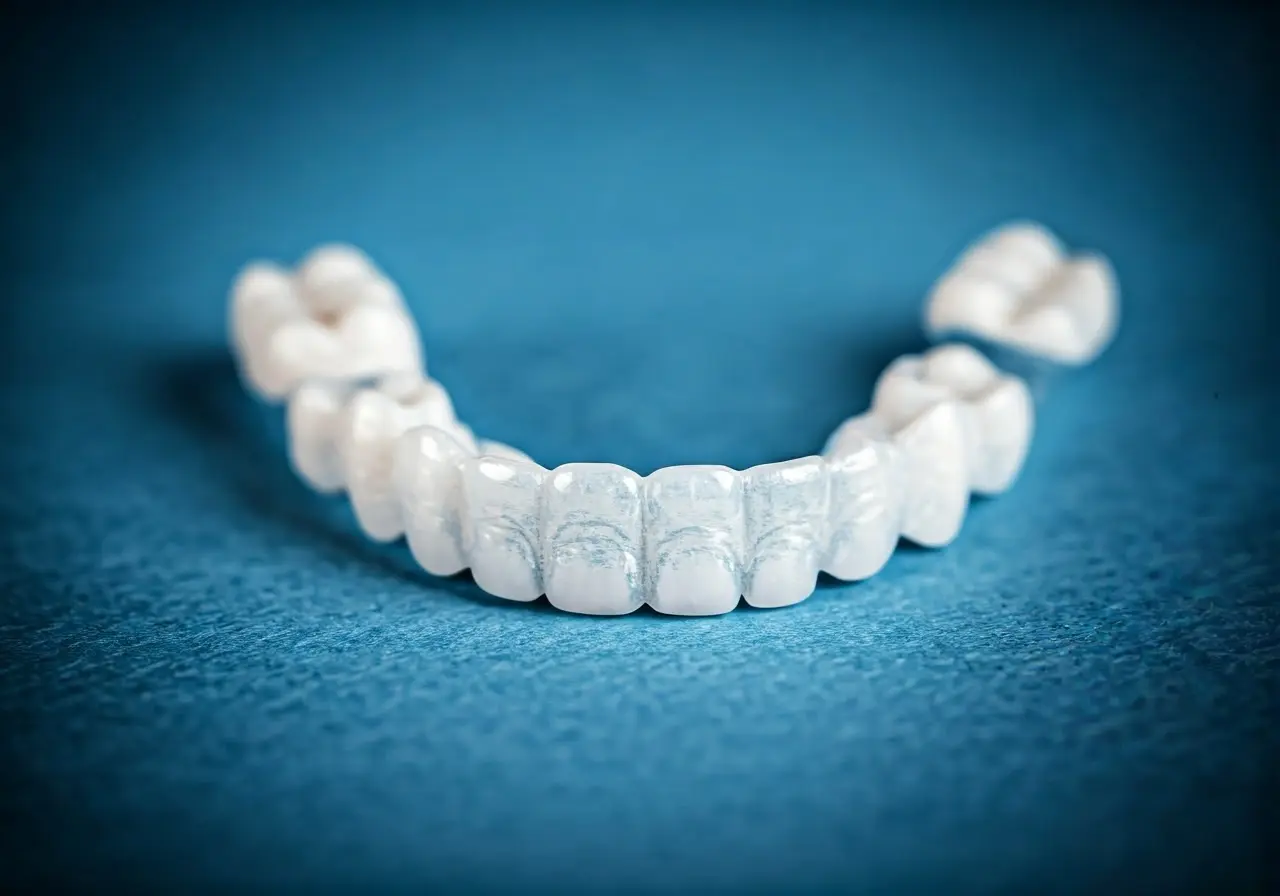Choosing the right dental night guard can be a daunting task, especially with so many options available. Whether you’re looking to protect your teeth from grinding or alleviate jaw pain, finding the perfect fit is essential. In this guide, we’ll explore everything you need to know to make an informed decision.
Understanding the Purpose of a Dental Night Guard
Dental night guards are designed to protect teeth from the damage caused by nighttime grinding and clenching, known as bruxism. They also help reduce jaw tension and alleviate discomfort. Understanding their purpose is the first step in choosing the right one. It’s not just about preventing wear on your teeth; a night guard acts as a cushion that absorbs the force exerted during grinding and clenching. This can significantly reduce headaches and jaw pain often associated with bruxism.
In addition to mitigating physical discomfort, using a dental night guard can help improve sleep quality. Nighttime grinding can be disruptive not just to you but also to anyone sleeping nearby due to potential noises it creates. By wearing a night guard, you ensure a quieter, more peaceful night’s sleep for both yourself and others.
Types of Dental Night Guards
There are various types of dental night guards available, including custom-fit, boil-and-bite, and over-the-counter options. Each type offers its own set of advantages and considerations when it comes to comfort and protection. Custom-fit night guards, created from precise dental impressions, provide maximum comfort and protection but come with a higher price tag. Alternatively, boil-and-bite guards, which are softened in boiling water then bitten into for a personalized fit, offer a middle-ground solution in terms of both cost and comfort.
Don’t overlook the simple over-the-counter night guards found in most pharmacies. Although they tend to be less costly, they may not offer the same level of comfort or durability as the custom and boil-and-bite options. It’s important to measure the pros and cons of each type against your specific needs and budget.
Factors to Consider When Choosing a Night Guard
When selecting a dental night guard, consider factors like fit, material, durability, and cost. It’s important to weigh these factors according to your personal needs and the level of protection you require. For example, while some might prioritize comfort and fit, others might be more concerned with longevity and affordability. The ideal night guard will feel secure without causing any additional pain or discomfort, especially if worn for extended periods.
Materials used in night guards can vary widely. Softer materials may offer immediate comfort but lack durability, while harder materials – though more rigid – ensure longevity and better resistance to grinding. It’s all about balancing these elements to match your lifestyle and dental health needs.
Consulting with Your Dentist
A dentist can provide valuable insights and recommendations when it comes to choosing a night guard. They can assess your dental health and guide you towards the best option for your situation. Unlike over-the-counter solutions, a consultation allows for a professional evaluation of your specific condition, revealing nuances in your needs that generic advice might miss.
In addition to offering personalized recommendations, a dentist can also identify early signs of wear on your teeth and jaw. Regular check-ups ensure that your night guard is performing its role effectively and isn’t inadvertently causing any harm. This personalized touch can make a significant difference in not only selecting the right guard but also in maintaining optimal dental health.
Caring for Your Dental Night Guard
Proper care and maintenance of your dental night guard are crucial for ensuring its longevity and effectiveness. Learn how to clean and store your night guard to keep it in top condition. Daily cleaning should involve rinsing the guard with cool water after use and gently brushing it with a soft toothbrush to remove any plaque or debris.
Store your night guard in its case, ensuring it remains dry and protected when not in use. Avoid exposing it to high temperatures, such as those in boiling water or direct sunlight, as extreme heat can warp the material. Regular inspections for wear and tear will help you determine when it might be time to consider a replacement, ensuring your night guard continues to function effectively.
Making the Right Choice for Your Dental Health
Selecting the right dental night guard is essential for protecting your oral health and ensuring a restful night’s sleep. By understanding your needs and the options available, you can make a choice that suits you best. Remember to consult with your dentist for personalized advice.
